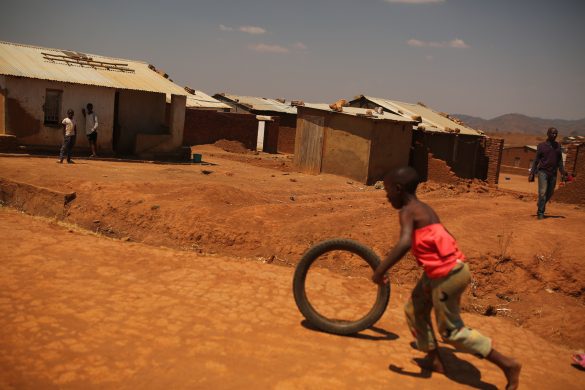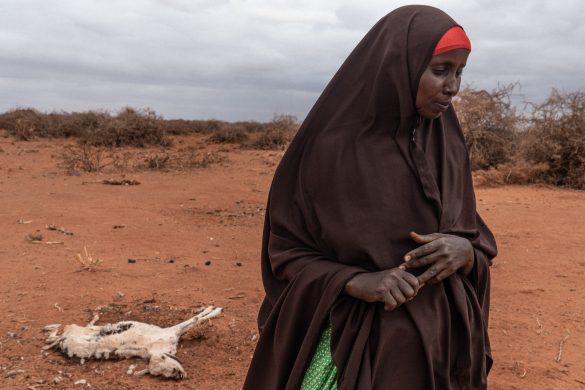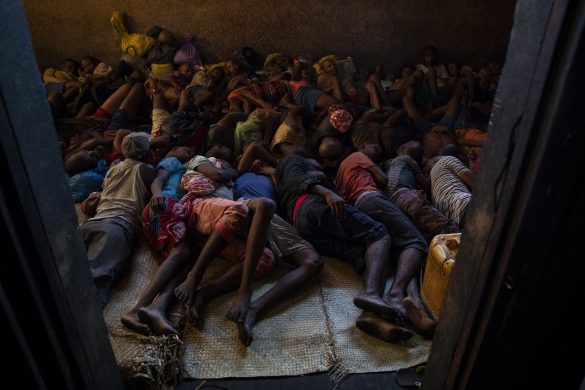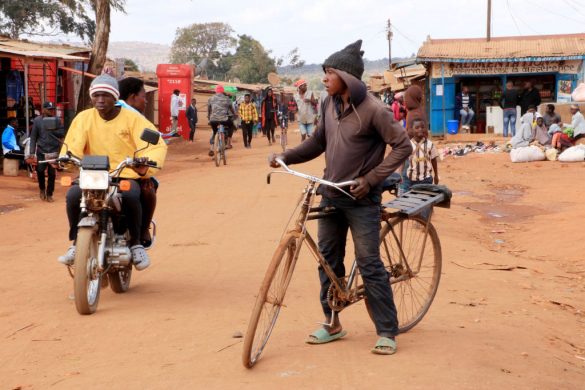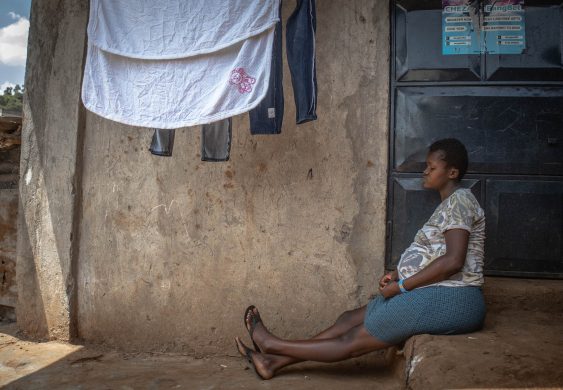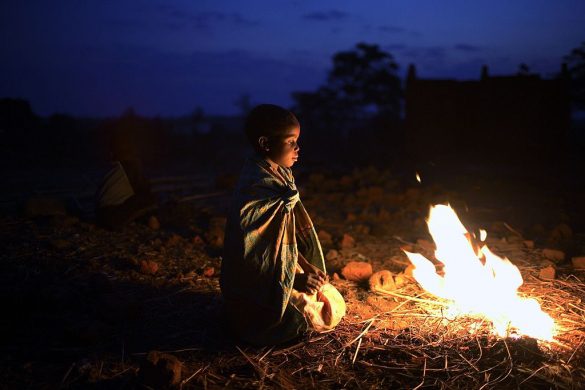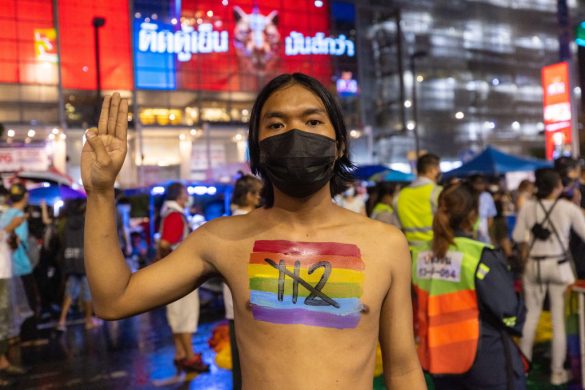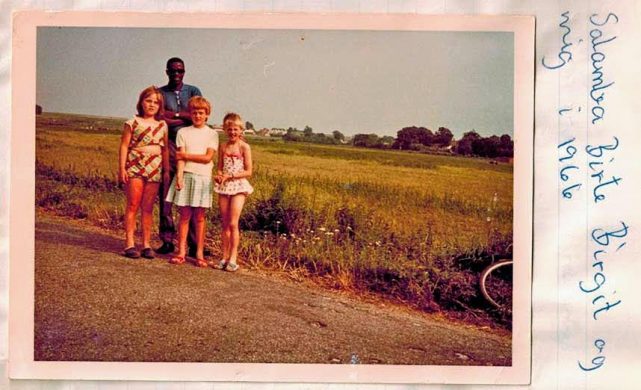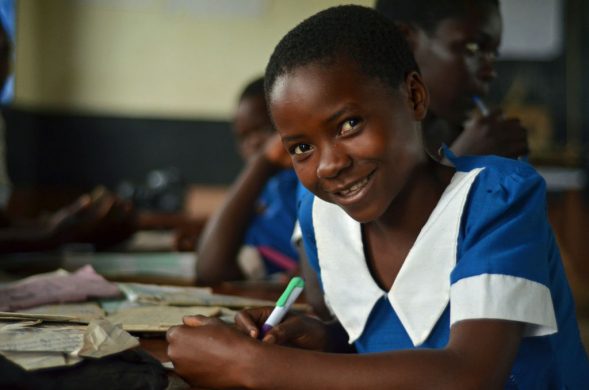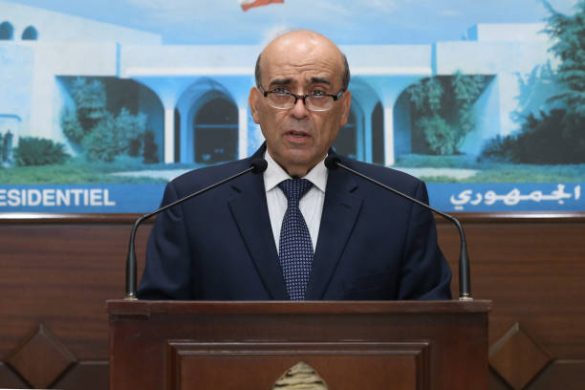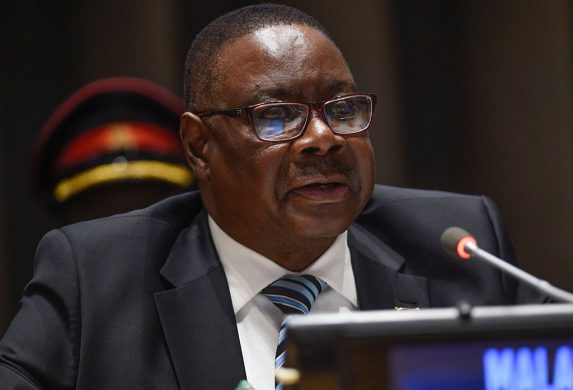(Lilongwe) – Malawi’s government has failed to protect the rights and livelihoods of people living in nascent mining communities, Human Rights Watch said today in a report released on eve of the International Right to Know Day.
Families living near coal and uranium mining operations face serious problems with water, food, and housing, and are left in the dark about health and other risks from mining.
The 96-page report, “‘They Destroyed Everything’: Mining and Human Rights in Malawi,” examines the impact of extractive industries on communities in some of Malawi’s first mining areas, in Karonga district located on the northwestern shores of Lake Malawi. Malawi’s government has promoted private investment in mining and resource extraction to diversify its economy.
But environmental risks are common in resource extraction and mining significantly contributes to climate change, which in turn affects governments’ ability to realize the rights to health, water, and food.
“Malawi shouldn’t repeat the mistakes made in resource extraction in other countries in Southern Africa,” said Katharina Rall, researcher at Human Rights Watch.
“It is not enough to create a fertile investment climate for mining companies. The government urgently needs to protect the rights of affected communities.”
Coal in the garden and fields
The report is based on research in Malawi from July 2015 to July 2016, including more than 150 interviews, 78 of which were with people living in areas where companies are actively mining or had mining operations in the recent past.
Human Rights Watch also interviewed representatives of the companies; the central, regional, and local governments; national and international nongovernmental organizations; and international organizations.
Human Rights Watch documented rights violations in Karonga district communities affected by coal and uranium mining operations of Eland Coal Mining Company, Malcoal, and Paladin Africa Limited (Paladin).
Human Rights Watch found that Malawi lacks adequate safeguards to ensure the necessary balance between development efforts and protecting the rights of local communities, and that weak government oversight and a lack of information leave local communities unprotected.
“Since the mining came we have had many problems,” a woman at Mwabulambo said.
“The coal is in our gardens and running into our fields. The way the crops look, you would think that someone had poured petrol on them.”
Human Rights Watch found that mining operations have forced several families to resettle. These families said that they were notified so late that they had no time to find alternative housing, leaving some without shelter.
Many said that compensation procedures were unclear and, in several instances, compensation fell short of what they needed to rebuild or sustain a comparable standard of living, including access to land.
Læs videre og find video hos Human Rights Watch



